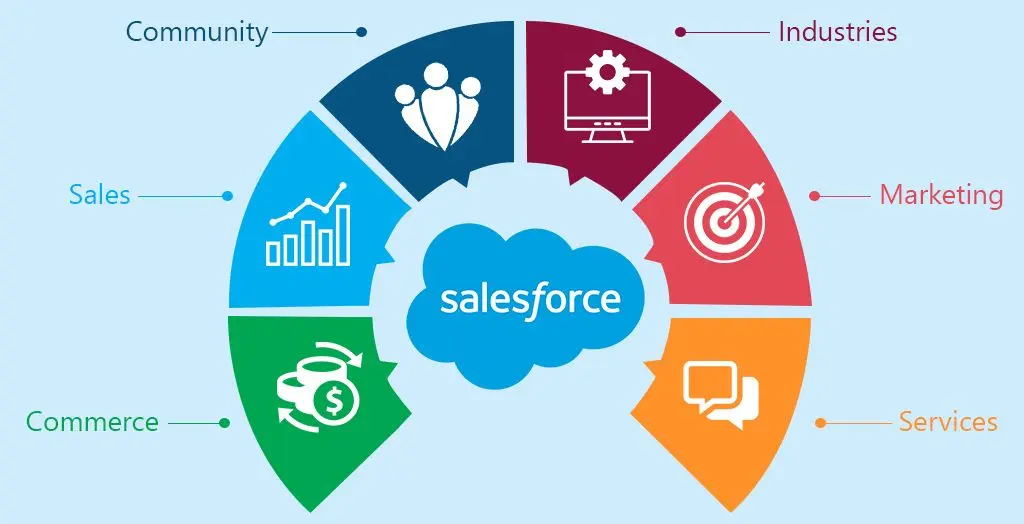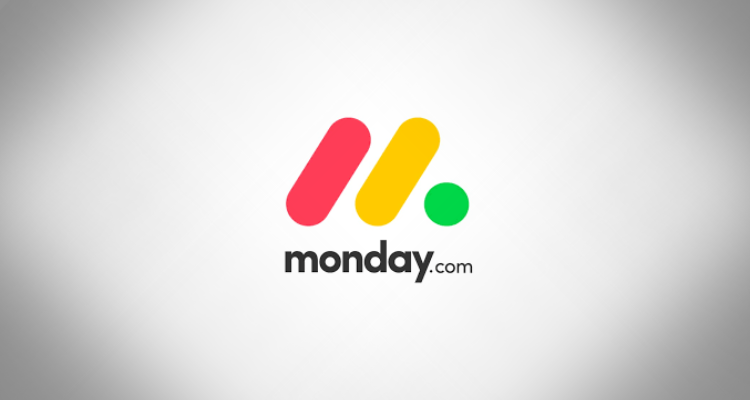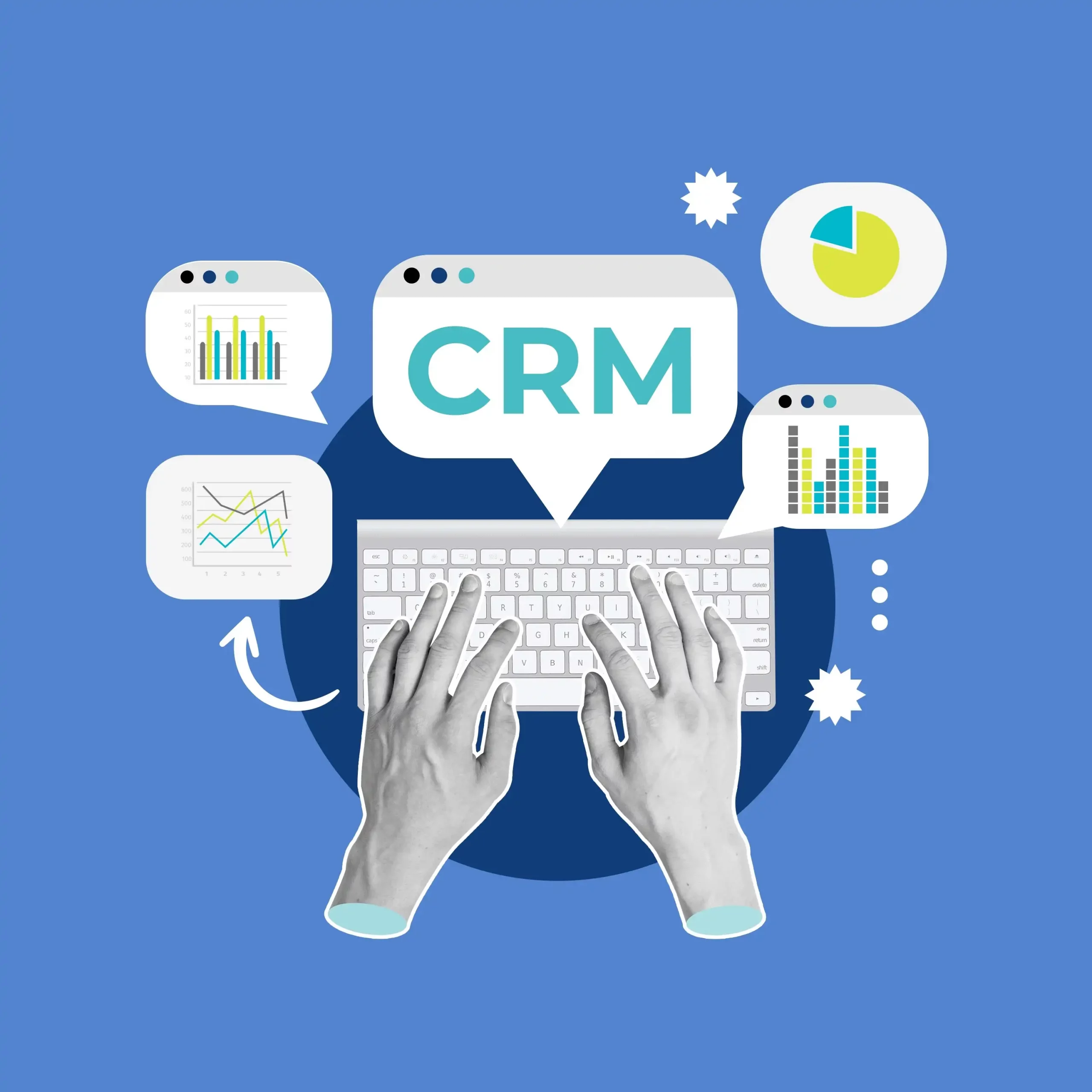Salesforce vs. Monday: Choosing the Best CRM for Your Business
Introduction
Choosing the right CRM system is a pivotal decision that can significantly impact your business operations. In today’s competitive landscape, effective customer relationship management is not just an advantage, but a necessity for sustainable growth. This comprehensive guide gets into a detailed comparison between two prominent platforms: Salesforce and Monday. We will explore their core functionalities, strengths, weaknesses, and ideal use cases to help you make an informed decision that aligns perfectly with your unique business requirements.
CRM systems are indispensable tools designed to manage customer interactions, streamline sales processes, enhance marketing efforts, and improve customer service. With a vast array of options available, selecting the most suitable CRM can be a daunting task. This analysis focuses on Salesforce and Monday, two widely recognized platforms, to provide clarity and assist you in identifying the best fit for your organization.
Salesforce: The Enterprise CRM Powerhouse

Salesforce stands as a titan in the CRM industry, renowned for its comprehensive suite of tools and unparalleled scalability. It’s a platform designed to cater to businesses of all sizes, from burgeoning startups to vast enterprise-level organizations. Its robust feature set spans sales automation, marketing cloud, customer service, analytics, and more, making it a versatile solution for complex business needs.
Pros of Salesforce
1.Robust Features: Salesforce offers an extensive array of features that cover virtually every aspect of customer relationship management. This includes advanced sales forecasting, sophisticated marketing campaign management, and in-depth customer service functionalities. Its breadth of tools allows businesses to consolidate various operations within a single ecosystem, enhancing efficiency and data consistency.
2.Customization: One of Salesforce’s most significant strengths is its profound level of customization. Businesses can tailor the platform to their precise operational workflows and unique industry requirements. This flexibility extends to custom objects, fields, workflows, and even bespoke applications built on the Salesforce platform, ensuring it adapts to the business rather than the other way around.
3.Scalability: Salesforce is built to scale. Whether a company is experiencing rapid growth or is an established enterprise with thousands of users and vast data volumes, Salesforce can accommodate its evolving needs without compromising performance. This makes it a future-proof investment for businesses with long-term growth strategies.
4.Integration: The platform boasts a rich ecosystem of integrations with third-party applications. This seamless connectivity allows businesses to integrate Salesforce with their existing software infrastructure, including ERP systems, marketing automation tools, and communication platforms. This fosters a smooth workflow, eliminates data silos, and significantly boosts overall productivity.
5.Community Support: Salesforce benefits from a massive and highly active global community of users, developers, and partners. This vibrant community provides an invaluable resource for troubleshooting, sharing best practices, and expanding knowledge. The availability of extensive documentation, online forums, and user groups ensures that support is readily accessible.
Cons of Salesforce
1.Complexity: The extensive features and deep customization options that make Salesforce so powerful also contribute to its complexity. Setting up and navigating the platform can be challenging, often requiring specialized training for users to fully leverage its capabilities. The initial learning curve can be steep, demanding a significant investment in time and resources.
2.Cost: Salesforce is positioned as a premium CRM solution, and its pricing reflects this. While it offers various editions, the cost can be a significant deterrent for small businesses or startups operating with limited budgets. Additional features, integrations, and advanced functionalities often come with extra costs, which can quickly accumulate.
3.Steep Learning Curve: Beyond the initial setup, users may find it challenging to become proficient with Salesforce’s interface and functionalities. Mastering the platform requires dedication and continuous learning, which can impact user adoption rates if not managed with adequate training and support.
Monday: The User-Friendly Workflow Powerhouse

Monday, often recognized for its intuitive interface and flexible work management capabilities, has emerged as a strong contender in the CRM space, particularly for businesses prioritizing ease of use and visual workflow management. While it may not possess the sheer breadth of features found in Salesforce, Monday excels in providing a highly customizable and collaborative environment for managing customer relationships and projects.
Pros of Monday
1.User-Friendly Interface: Monday’s most lauded attribute is its intuitive and visually appealing interface. Designed for clarity and ease of navigation, it allows both new and experienced users to quickly grasp its functionalities. This significantly reduces the learning curve and accelerates user adoption, making it an attractive option for teams seeking a straightforward solution.
2.Customizable Workflows: Monday empowers users to create and tailor workflows to precisely fit their business processes. Its flexible board structure and automation capabilities enable teams to design custom solutions for lead tracking, sales pipelines, customer support, and project management. This adaptability enhances efficiency and productivity by aligning the platform with existing operational methodologies.
3.Affordability: Compared to Salesforce, Monday generally offers more cost-effective pricing plans. This makes it a budget-friendly choice for small to medium-sized businesses (SMBs) and startups that require robust CRM functionalities without the premium price tag associated with enterprise-grade solutions. Its tiered pricing allows businesses to scale their investment as their needs evolve.
4.Collaboration Features: Monday places a strong emphasis on team collaboration. Its shared boards, real-time updates, and integrated communication tools foster seamless teamwork and transparency within organizations. Teams can easily track progress, assign tasks, share files, and communicate directly within the platform, leading to improved coordination and accountability.
5.Integration: Monday offers integrations with a variety of popular tools and applications, ensuring seamless connectivity with other essential business software. This includes integrations with communication platforms, productivity suites, and marketing tools, enhancing overall workflow efficiency and reducing the need for manual data transfer.
Cons of Monday
1.Limited Advanced Features: While Monday is highly capable, it may lack some of the more advanced and specialized features that Salesforce offers, particularly in areas like deep analytics, complex sales forecasting, or highly specific industry solutions. Businesses with exceptionally intricate CRM requirements might find Monday’s functionalities less comprehensive.
2.Scalability: Monday is well-suited for small to medium-sized businesses, but it may encounter limitations in scalability for larger organizations with extensive data management needs or highly complex, multi-layered sales processes. While continuously improving, its architecture might not be as inherently designed for massive enterprise deployments as Salesforce.
3.Support Resources: Monday’s support resources, including documentation, community forums, and direct support channels, may not be as extensive or robust as those provided by Salesforce. This could potentially lead to challenges in troubleshooting complex issues or finding in-depth guidance for highly specialized use cases, requiring users to rely more on self-discovery or external consultants.
Conclusion: Making the Right Choice for Your Business
In conclusion, both Salesforce and Monday present compelling CRM solutions, each with distinct advantages and potential drawbacks tailored to different business needs. The ultimate decision between these two powerful platforms hinges on a careful evaluation of your specific business requirements, budgetary constraints, and long-term scalability goals.
Salesforce stands out as the ideal choice for large enterprises and businesses with complex, multifaceted CRM needs. Its unparalleled feature set, deep customization capabilities, and robust scalability make it a powerful engine for managing extensive customer relationships, intricate sales pipelines, and comprehensive marketing campaigns. However, this power comes with a higher cost and a steeper learning curve, necessitating significant investment in training and implementation.
Monday, on the other hand, shines as an excellent option for small to medium-sized businesses, startups, and teams that prioritize ease of use, visual workflow management, and collaborative functionalities. Its intuitive interface, customizable workflows, and affordable pricing make it highly accessible and quick to implement. While it may not offer the same depth of advanced features as Salesforce, its focus on user-friendliness and team collaboration can significantly boost productivity and streamline operations for many organizations.
To make the most informed decision, consider the following:
•Business Size and Complexity: Are you a small team needing a straightforward solution, or a large enterprise with intricate processes?
•Budget: What is your allocated budget for CRM software, including potential customization and training costs?
•Scalability Needs: Do you anticipate rapid growth that will require a highly scalable solution, or is your growth more moderate?
•User Adoption: How important is an intuitive interface and a quick learning curve for your team?
•Specific Feature Requirements: Do you need highly specialized features (e.g., advanced analytics, industry-specific solutions) or are core CRM functionalities sufficient?
Whichever CRM platform you ultimately choose, ensure that it aligns seamlessly with your overarching business goals and possesses the capability to effectively streamline your workflow, enhance customer relationships, and drive sustained growth. Both Salesforce and Monday are powerful tools; the key is selecting the one that best empowers your unique business journey.

